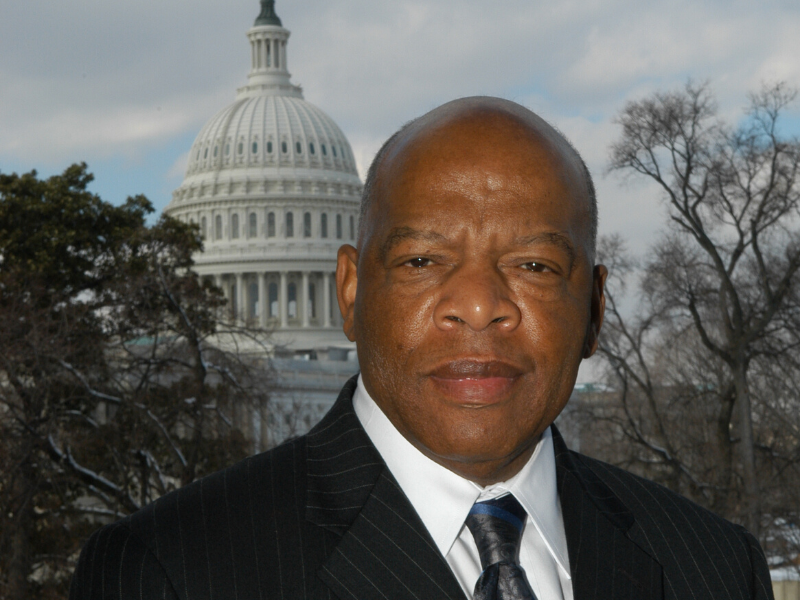
What Your Virtual Teacher Wants You To Know
How Should I Prepare My Child for Virtual Schooling?
By Jennifer K. Hale
Many states have had virtual schools for some time now, but not many states have attempted virtual education through large school districts all at one time like we are seeing in our nation as we approach a new school year. Each district has different plans and expectations, but all have the same goal—to give your student the highest quality education and help them achieve academic success.
As the school year begins, there are some things that your student’s virtual teacher will want you to know, prepare for, and pay attention to. In order for your child to be successful, give these points some careful consideration.
“…all have the same goal—to give your student the highest quality education and help them achieve academic success.”
- Virtual teachers are real teachers. In most schools, teachers have extensive training, certifications, and degrees in education and content. They continually attend professional development to hone their craft and they are professionals who are passionate about what they do.
- Virtual teachers are still learning. Every day new technology is developed that can help engage your child in exciting lessons and teachers are constantly learning how to implement these tools into the classroom.
- Please read all messages from the teacher carefully. Information is easy to come by if you commit to reading messages, emails, announcements, and communications from your student’s teachers, school, and school district.
- Your child is expected to be in class. Just because the platform might be virtual does not mean that the schedule is flexible. Students need to stay on the schedule set out by the district, school, and teacher.
- Teachers want your support! They need you to be engaged and aware of what’s going on in the virtual classroom so that you can be your student’s support from home.
- Teachers want to communicate with you. They are available to answer your questions and address your concerns—just reach out!
- Students need a calm learning environment free from distractions. When learning virtually, it’s very difficult for teachers to compete with the TV, cell phone, or other distraction at home. Please help keep those to a minimum during learning time.
- Teachers don’t expect perfection—just engagement! Students who show up, try, and make an effort are those who will reflect the most success.
- Virtual education can provide everything your student needs—if your student is willing to take advantage! Relationships can be built in a virtual setting just like in a traditional school and what’s more, your student can form relationships with students and peers they might never had have the chance to know otherwise!
- If your student is struggling, please let the teacher know. Typically your teacher will already be aware, but please don’t hesitate to reach out for extra help, support, and guidance.
- While there are certainly challenges that many families will have to address, don’t forget the advantages of virtual education:
– Some flexibility in location for your student to learn
– More quality time at home making family memories
– Certified teachers who will be teaching your child, no matter if your student is at home with you or in a childcare setting
– No parent has to create their own curriculum—it’s all provided by professionals
– Meeting new people in the virtual classroom they might not have the opportunity to meet otherwise
– Saving money on school clothes and supplies
– Exploring classes that might not be offered in a traditional school
– Learning new technologies via the virtual classroom
EVERY CHILD WITH ACCESS TO A QUALITY EDUCATION
A quality education is key to a child’s future success. Academic achievement paves the way to a good job, self-sufficiency, and the earned success we all want for our children. To learn more about education options in Georgia click here.





